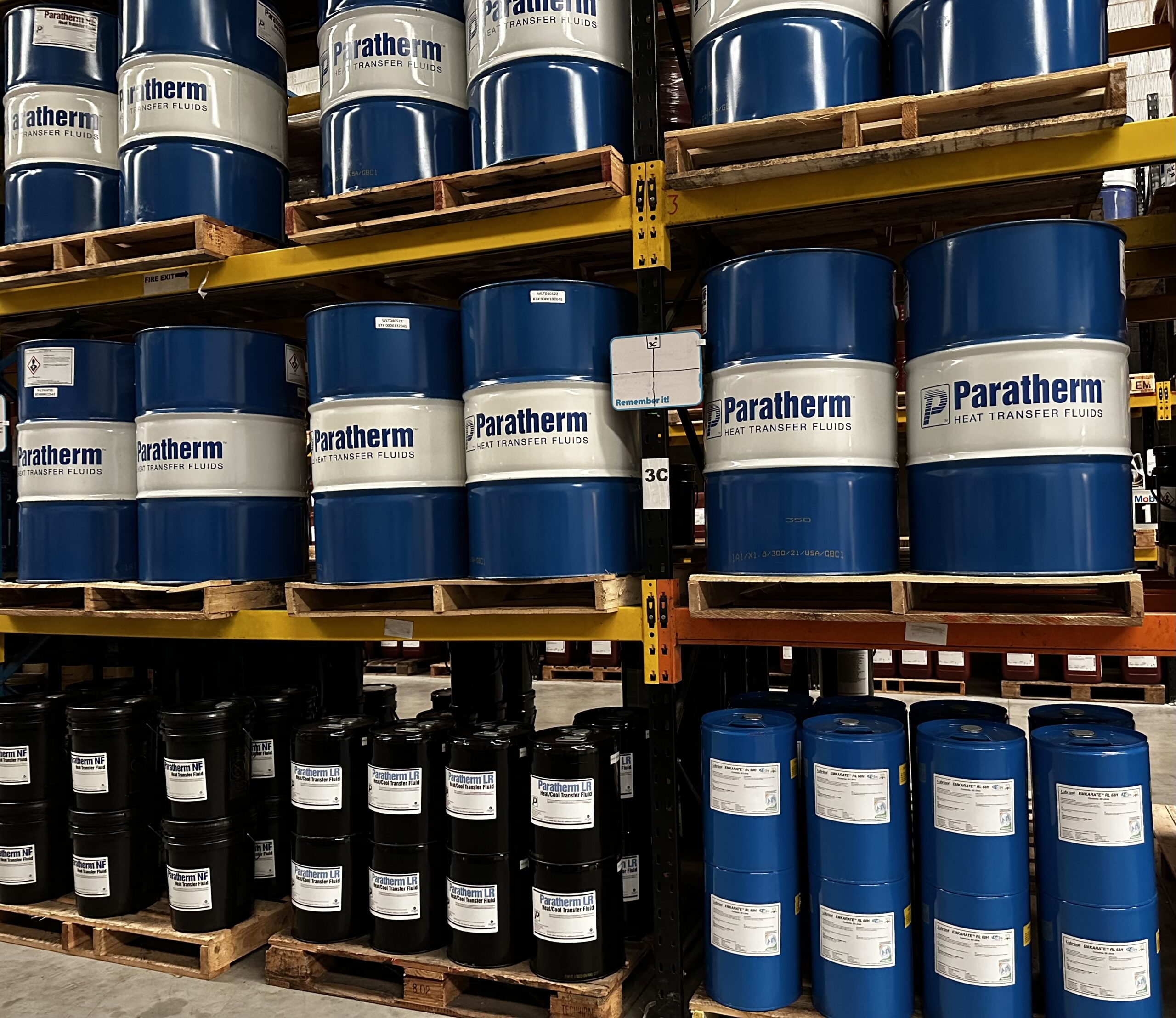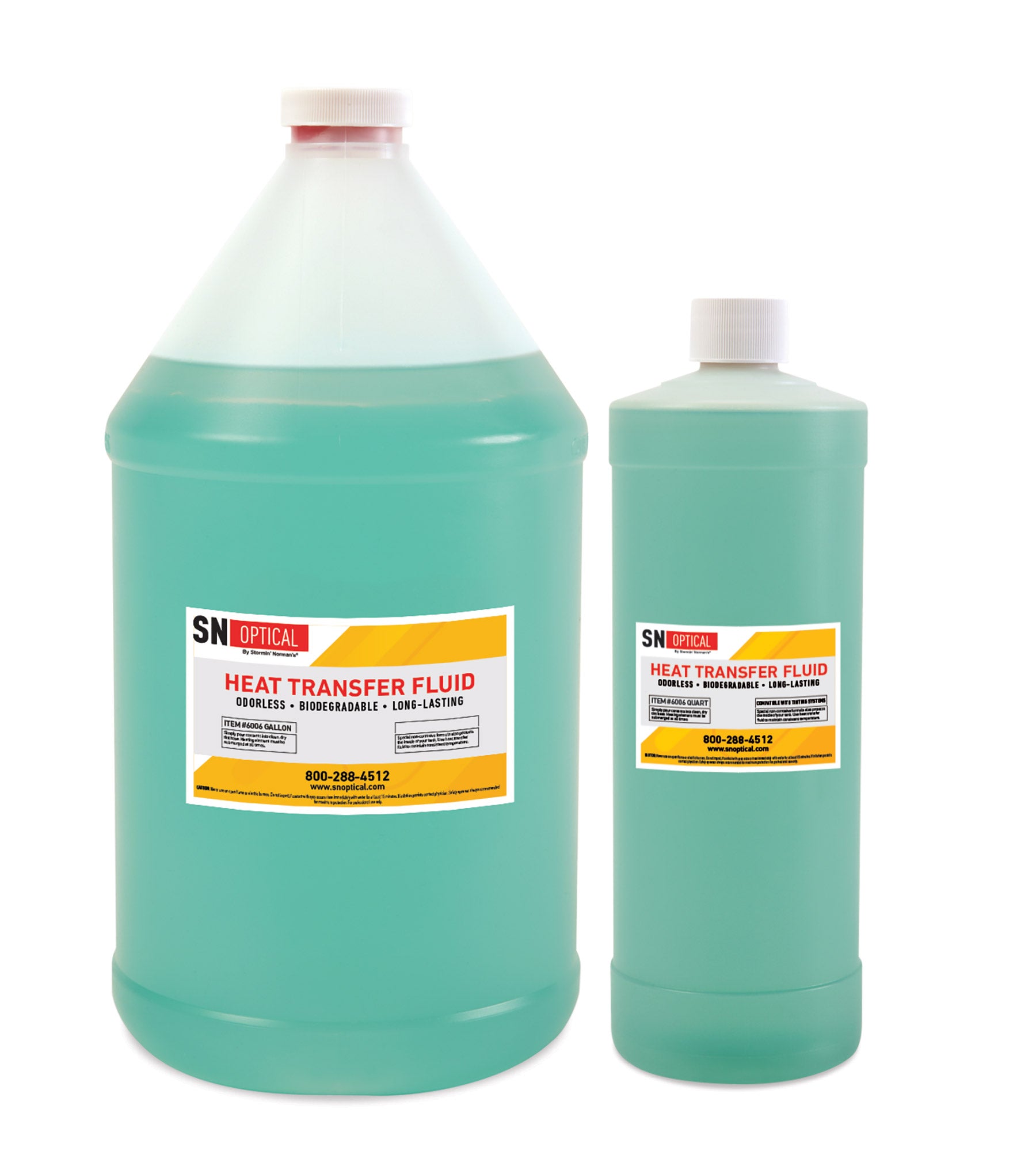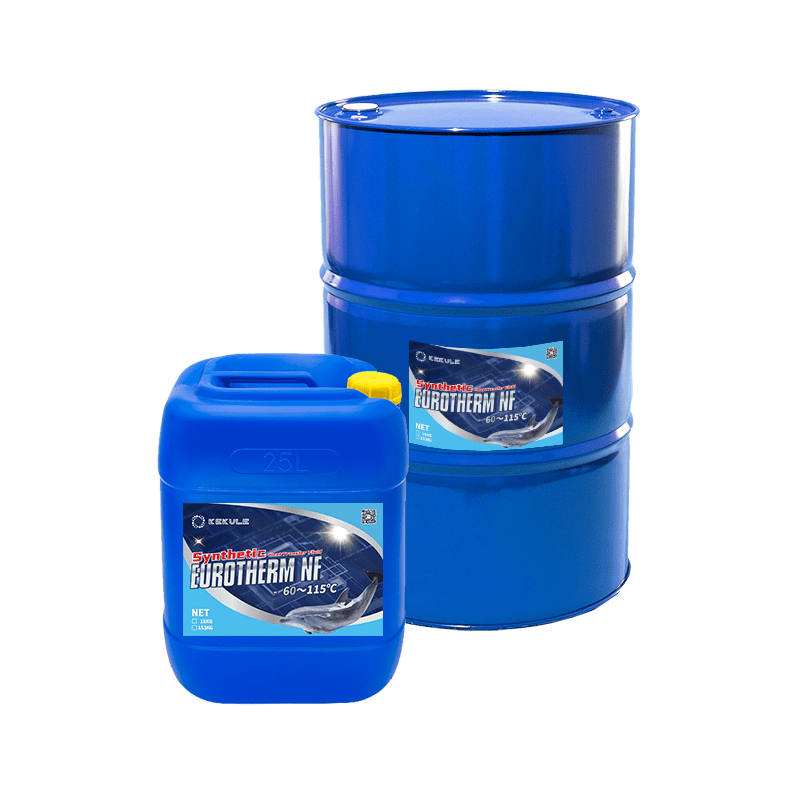Just how to Select the most effective Heat Transfer Fluid for Industrial Applications
Just how to Select the most effective Heat Transfer Fluid for Industrial Applications
Blog Article
Why Warmth Transfer Fluid Is Necessary for Optimizing Power Transfer in Equipment
The role of warmth transfer liquids in enhancing energy transfer is essential for attaining reliable thermal management across numerous industrial sectors. These liquids facilitate smooth warmth exchange, guaranteeing processes operate within optimum temperature level ranges and alleviating the risk of getting too hot.

Role in Thermal Monitoring
Warm transfer fluids play a crucial function in thermal administration by efficiently controling temperatures in various industrial procedures and systems. These specialized liquids facilitate the transfer of warmth in between various elements, making sure optimum operating conditions and avoiding overheating. By maintaining specific temperature control, heat transfer fluids make it possible for industries such as chemical manufacturing, oil and gas, and power generation to run safely and successfully.
The choice of a suitable heat transfer liquid depends upon several variables, including thermal security, heat ability, and viscosity. High thermal stability makes certain that the liquid can stand up to extreme temperatures without breaking down, while a high heat capability enables it to take in and release substantial amounts of heat - heat transfer fluid. Low thickness reduces the power needed for pumping, adding to general system performance
Additionally, heat transfer liquids are important in applications like refrigeration, where they help soak up and dissipate heat during the cooling cycle. In solar thermal power systems, these liquids capture and transportation solar warmth to produce electrical energy or offer warm water. Their versatility to varied operating conditions and capability to keep regular thermal efficiency highlight their importance in industrial thermal monitoring, helping with functional continuity and improving safety and security measures.

Enhancing System Performance
To optimize the advantages of thermal monitoring, improving system efficiency with the strategic use warm transfer liquids is extremely important. These fluids play an essential role in enhancing power transfer by facilitating consistent thermal law, which in turn affects the total efficiency and longevity of systems. Effective warmth transfer leads to lessened energy losses, decreased operational prices, and improved dependability of devices. By preserving optimum temperature level levels, heat transfer liquids help ensure that systems operate within their developed criteria, thus preventing getting too hot and minimizing the threat of component failing.

Types of Heat Transfer Fluids
The diversity of warmth transfer liquids emphasizes their essential duty in a variety of industrial applications, each tailored to meet specific thermal monitoring demands. These liquids facilitate reliable power transfer and are chosen based on essential properties such as thermal security, thickness, and heat capacity. The key kinds include water, glycol services, oils, and synthetics, each offering distinct benefits.
Water is one of the i thought about this most typical warm transfer medium as a result of its high details warmth capability and inexpensive. Its usage is restricted by its freezing and boiling factors. Glycol combinations, usually made use of in heating and cooling systems, give a lower cold factor, adding convenience in numerous environments. Mineral oils are preferred for their thermal stability and non-corrosive nature, making them appropriate for high-temperature applications.

Synthetic liquids, including silicone and fragrant compounds, supply outstanding thermal security and are used in settings demanding severe temperature level ranges. These fluids make sure premium efficiency in systems where traditional fluids may stop working. The choice of a warm transfer liquid is critical, as it influences system efficiency, security, and long life. Each kind has to be chosen to align with the operational demands and the certain problems of the application it serves.
Environmental and Economic Conveniences
Utilizing the ideal warmth transfer liquids offers considerable environmental and economic advantages for commercial procedures. By selecting fluids with superior thermal security and high warmth ability, industries can enhance energy efficiency, resulting in minimized fuel intake and reduced greenhouse gas emissions. This adds to a smaller sized carbon footprint and lines up with international sustainability objectives. Eco-friendly heat transfer liquids, often biodegradable and non-toxic, reduce explanation the risk of dirt and water contamination in case of leakages or spills, consequently securing communities and abiding by rigorous environmental regulations.
Financially, the best warmth transfer liquid can significantly minimize operational prices. Efficient heat transfer decreases power expense, leading to reduced energy expenses and improved earnings. Liquids with extensive lifecycle performance decrease the frequency of replacements and upkeep, lowering downtime and associated expenses. Spending in top quality fluids can likewise minimize the risk of equipment rust and failure, preventing pricey repairs and prolonging the life expectancy of essential framework. In competitive markets, these cost savings and effectiveness give a distinctive advantage, allowing business to designate sources extra effectively and purchase additional advancement. On the whole, the strategic use ideal warm transfer fluids supports sustainable economic growth and ecological stewardship.
Choosing the Right Liquid
Exactly how does one browse the complex process of selecting the appropriate heat transfer fluid for commercial applications? Thermal security ensures the fluid can hold up against high temperatures without breaking down, while compatibility prevents corrosion or various other detrimental responses with system parts.
Additionally, the fluid's discover here heat ability and thickness are extremely important. A high warmth ability enables the fluid to absorb and transfer more power, boosting effectiveness.
Final Thought
The strategic selection and application of warmth transfer liquids are fundamental to maximizing energy transfer throughout different systems. By making sure high thermal security and capacity, these fluids supply accurate temperature level control and improve total system effectiveness.
Report this page